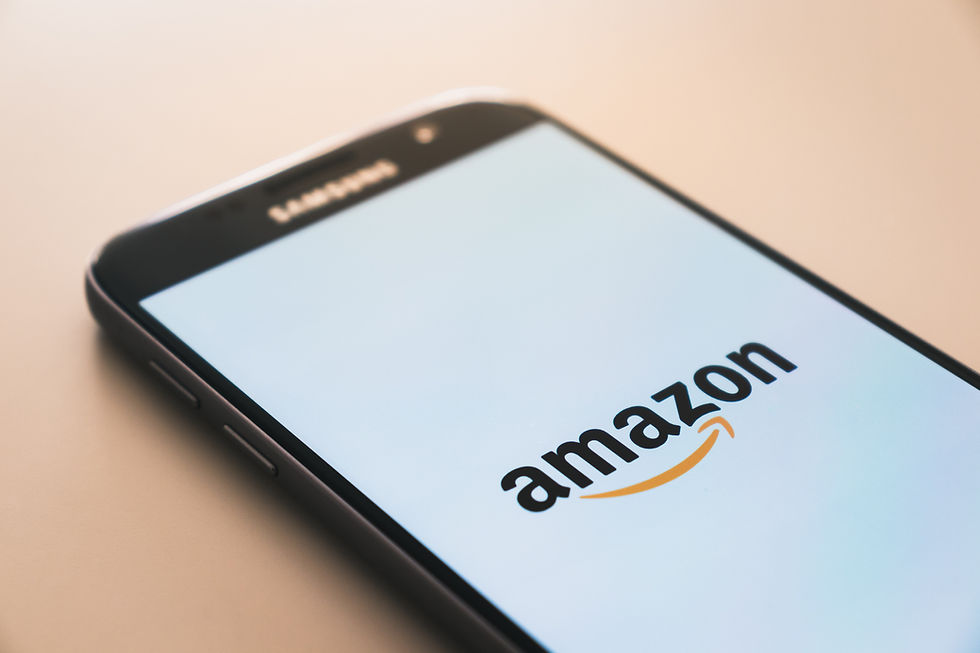
by Hannah Rau
Affiliate marketing is a multibillion-dollar industry. U.S. spending on affiliate marketing is expected to grow beyond $8 billion in 2022 (according to data from Statista). Findstack estimates that 80% of brands currently have affiliate programs, and around 16% of all e-commerce sales across the globe come from affiliate marketing. This is a trend to watch. So, what is affiliate marketing, and is it a strategy worth adding to your small business marketing toolkit?
What Is Affiliate Marketing?
In affiliate marketing, a third party (the affiliate) agrees to promote a seller's product to consumers for a percentage of sales. The seller typically gives their affiliate(s) a URL link or a promotional code to include on their platform. The affiliate then creates content, such as a blog post, a review of the product, a video, an email, etc., persuading their audience to purchase the seller's product. If a customer clicks on the affiliate link or uses their code to purchase, the affiliate earns a commission, usually a small percentage of the sale price.
Some Definitions
Seller: A person or business that provides a product or service to consumers. The seller could also be called a vendor, merchant, brand, etc.
Affiliate: Someone who promotes a seller's product or brand. An affiliate could be anyone with a platform to promote products, such as a blogger, social media influencer, YouTube content creator, business, etc.
Why Is Affiliate Marketing So Popular?
1. Win-win solution
Affiliate marketing benefits both the seller and the affiliate. When a customer uses an affiliate link to purchase a product, the seller makes a sale, and the affiliate earns a commission.
2. Potentially high rewards
Affiliate marketing essentially spreads a business's marketing efforts across a wider network of consumers. By partnering with an affiliate who already has authority with an audience that trusts their recommendations, sellers can potentially increase brand awareness and boost sales.
3. Low risk
Most affiliates get commissions only if they successfully persuade a customer to make a purchase. This way, sellers pay nothing initially and then pay based only on good results.
Example: Amazon Associates
Amazon Associates is Amazon's affiliate program. Affiliates, called Associates, can earn income by recommending some of the millions of products listed on Amazon.com. Associates promote products using customized links provided for them. They can earn up to 10% commissions when a customer takes action using their link, such as making a purchase or signing up for a free trial.
Example: Wix
Wix is a website builder that uses an affiliate program to drive traffic to its business. In the Wix Affiliate Program, affiliates can earn money by promoting Wix on their website. Each time someone signs up for a Wix Premium plan based on an affiliate's referral, Wix will pay the affiliate $100+.
Example: Etsy
As an online marketplace for handcrafted and vintage goods, Etsy also uses an affiliate program as a marketing strategy. Affiliates can sign up to earn commissions on qualifying sales made based on their influence (within a 30-day cookie period). By offering affiliate partnerships, Etsy increases awareness about unique items sold by small businesses and independent makers on the site.
Conclusion
The popularity of affiliate marketing has grown since the early 2000s, and it's projected to continue expanding as an industry. As a strategy that benefits both affiliates and sellers, affiliate marketing is becoming an essential tool for marketers and businesses.




Comentarios